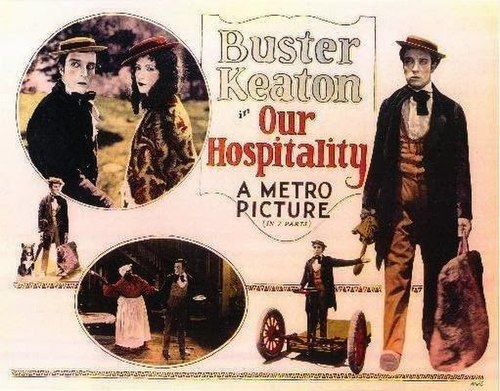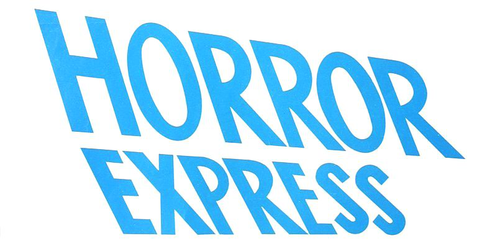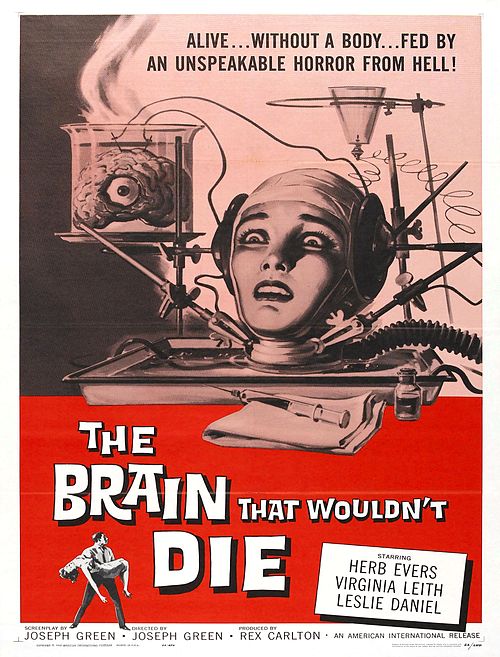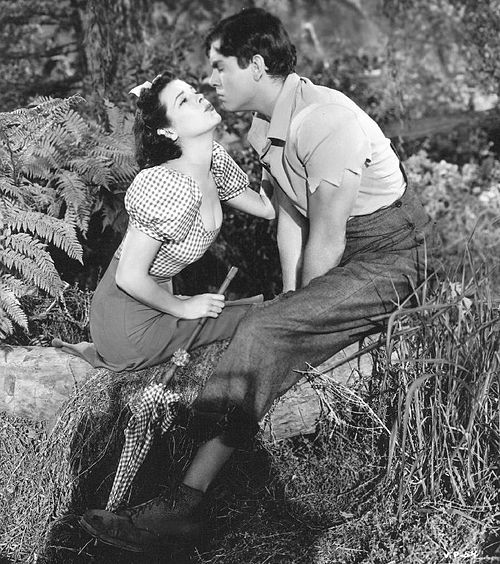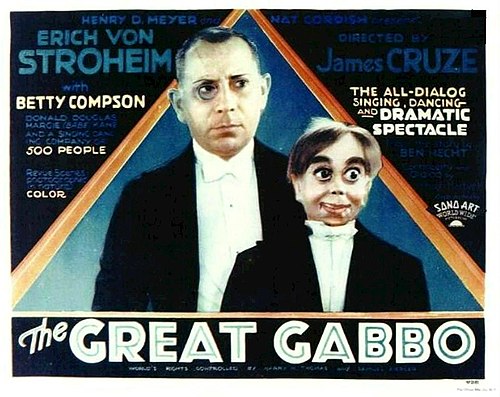Other Versions of this Movie
The Night of Counting the Years
Egyptian critics consistently list "The Night of Counting the Years" (also known as "The Mummy") as one of the most important Egyptian films, and perhaps the most important one, but it remains largely unknown, both within Egypt and elsewhere, despite winning a number of awards at European film festivals. Set in 1881, on the eve of British colonial rule, it is based on a true story: an Upper Egyptian clan had been robbing a cache of mummies near the village of Qurna, and selling the artefacts on the black market. After a conflict within the clan, one of its members went to the police, helping the Antiquities Service find the cache. The film casts this story in terms of the search for an authentic, lost Egyptian national identity (represented by the neglected and misunderstood artefacts of ancient Egyptian civilisation), but the conflict between city and countryside suggests questions that are not resolved in the film, making it an ambiguous, unsettling reflection on the price of identity. Unusual camera angles, striking colours and slow editing give the film a dreamlike quality, reinforced by Mario Nascimbene's eerie music. For those who know Arabic, the dialogue is entirely in classical Arabic, which adds to the sense of unreality. From this page, you can download the film in the form of two DVD ISO images, which can be recorded on blank DVDs and viewed with a DVD player. These DVDs contain no subtitles. To download the film with subtitles (at a somewhat lower image quality), see the subtitled version.
The Night of Counting the Years, a.k.a. The Mummy (Arabic language Al-Mummia المومياء) is a 1969 Egyptian film directed by Shadi Abdel Salam. It was Salam's first feature film.< name="sffs.org"></> Egyptian critics consistently list it as one of the most important Egyptian films ever made.<></> The film was selected as the Egyptian entry for the Academy Award for Best Foreign Language Film at the 43rd Academy Awards, but was not accepted as a nominee.
Plot
Set in 1881, before a year of History of modern Egypt#British occupation, it is based on the true story of the Abd el-Rasuls, an Sa'idi people clan that had been robbing a Treasure trove of mummies discovered at tomb DB320 near the village of Kurna, and selling the artefacts on the illicit antiquities black market. After a conflict within the clan, one of its members goes to the police, helping the Antiquities Service find the cache.Symbolism
The film casts its story in terms of the search for an authentic, lost Egypt#Identity, represented by the neglected and misunderstood artifacts of Ancient Egypt. However, the conflict between city and countryside suggests questions that are not resolved in the film, making it an ambiguous, unsettling lection on the price of identity.Visual style
Its slow Pace (speed), unusual camera angles and striking colours give the film a dreamlike quality, reinforced by Mario Nascimbene's eerie Film score. Moreover, the dialogue is entirely in classical Arabic, a very unusual trait for an Egyptian film, which adds to the sense of unreality.See also
- Grave robbing
- List of submissions to the 43rd Academy Awards for Best Foreign Language Film
- List of Egyptian submissions for the Academy Award for Best Foreign Language Film
Bibliography
Category:1960s drama films
Category:1969 films
Category:Egyptian films
Category:Films set in Egypt
Category:Films set in the 1880s
Category:Films based on actual events
Category:Egyptology
Category:Arabic-language films
Category:Directorial debut films
Category:Films directed by Shadi Abdel Salam



